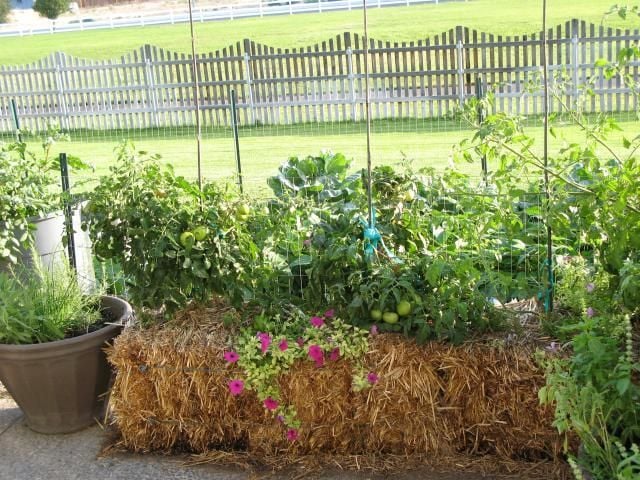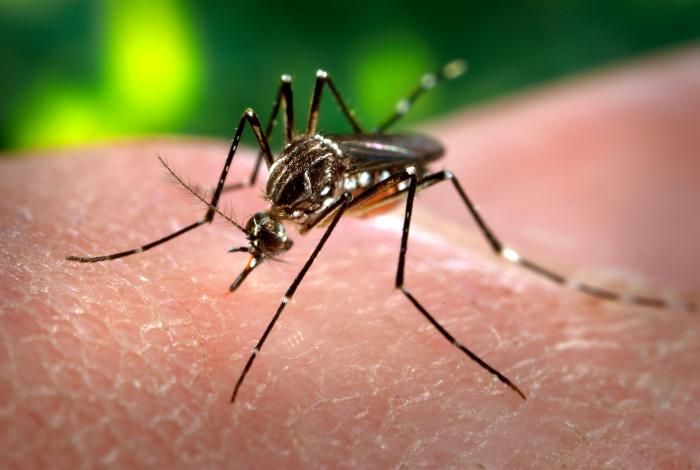Q: I have a question about planting Cat Claw vines next to my stucco home. Will it damage the stucco?
A: It doesn’t damage it per se although it does sometimes make a stain on the stucco. If you are okay with that then it has a decent reputation in the Southwest as an easy-to-grow vine. People from more humid regions such as Florida and Louisiana have a terrible time controlling this plant and consider it an invasive weed.
Q: I planted a fig tree for three years in a row and cannot seem to keep them alive. I do not know what I am doing wrong. I live in Catalina, north of Tucson, a little cooler area and my soil is sandy.
A: Figs are certainly a good plant for our area. Some basic things to consider include allowing enough room for them to grow to a mature size, planting them in well-drained soil, and planting them in the fall or early spring to allow them to get established before the hot summer weather. The two varieties that do well here are the brown turkey fig and the black mission fig. Irrigation should be scheduled every week during the summer and every two weeks in the spring, fall, and winter. Light fertilization can be applied during the growing season (May, June, and July). Split a half-pound of nitrogen fertilizer between those three months and water after applying. If you are seeing other specific symptoms related to the death of your figs, please let me know so we can puzzle them out.
Q: I am getting some strange damage on my palo verde tree bark. Do you have any idea what could be causing this damage?
A: Woodpeckers are likely damaging your tree. These birds seek insects to eat that may be on the bark or just under the surface. In some cases, pecking holes in the bark causes sap to flow and attracts insects for the birds to eat later. Because federal law protects most birds, the management of bird damage is limited to exclusion, frightening/repelling, and distraction. Exclusion can be accomplished with hardware cloth or other screens over the area to be protected. Frightening can involve sound or shiny materials that cause the birds to avoid the area. Distraction can be accomplished by providing another food source such as a suet feeder nearby that is more attractive than the tree.
Q: I am considering adding straw bales for growing my spring/summer vegetables and the initial treatment required for wetting the bales, includes adding Nitrogen as part of the preparation for microbial breakdown of straw materials during a two-week period. I read two online extension articles that stated straw bales with the right amount of moisture and outside temperatures may burn. Are you aware of any “spontaneous combustion” that has ever occurred using single straw bales either placed in a row or individually?
A: Straw bale gardening is a nice way to avoid growing in our poor soil, fighting off garden weeds, and preventing some joint and back pain by having a raised area to garden. Spontaneous combustion is a problem for hay stacked in large piles. Single bales used for gardening are not likely to generate enough heat for combustion.
Q: I’m concerned about the recent news stories about new diseases such as the Zika virus spread by mosquitoes. I spend a good amount of time outdoors gardening and mosquitoes usually bite me. Are there any things I can do to prevent this problem?
A: Zika virus is transmitted to people primarily through the bite of an infected Aedes mosquito. These are the same mosquitoes that spread dengue and chikungunya viruses. Aedes mosquitoes prefer to live near people and only female mosquitoes bite. They are mostly daytime biters, but can also bite at night. Mosquitoes acquire the virus when they feed on a person during the first week of infection when they are carrying high numbers of Zika virus in their blood. Once inside the mosquito, the virus moves from the digestive tract into the salivary glands, a process which is thought to take about a week. After that time, the mosquito can spread Zika to the next person she bites. Zika virus can also be transmitted from mother to her fetus during pregnancy, through blood transfusions, and through sexual contact.
The best way to avoid getting Zika virus or other diseases spread by mosquitoes is to avoid being bitten by infected mosquitoes. We can minimize mosquito numbers by eliminating breeding habitats, for example, standing water in containers around our homes. When outdoors, dress properly and apply insect repellent. Here is a link to a publication on choosing repellents: extension.arizona.edu/sites/extension.arizona.edu/files/pubs/az1311.pdf
Other things you can do include the following.
Switch to LED lights to be used outdoors — these are not attractive to mosquitoes because they have no ultraviolet spectrum.
Place fine mesh over rain barrels to prevent egg laying.
Repair screens for windows that may have developed holes.
Repair leaky pipes and faucets.
Mosquito dunks for ponds, birdbaths, and other water features with standing water.
What doesn’t work — electronic bug zappers and high frequency repellent devices.






